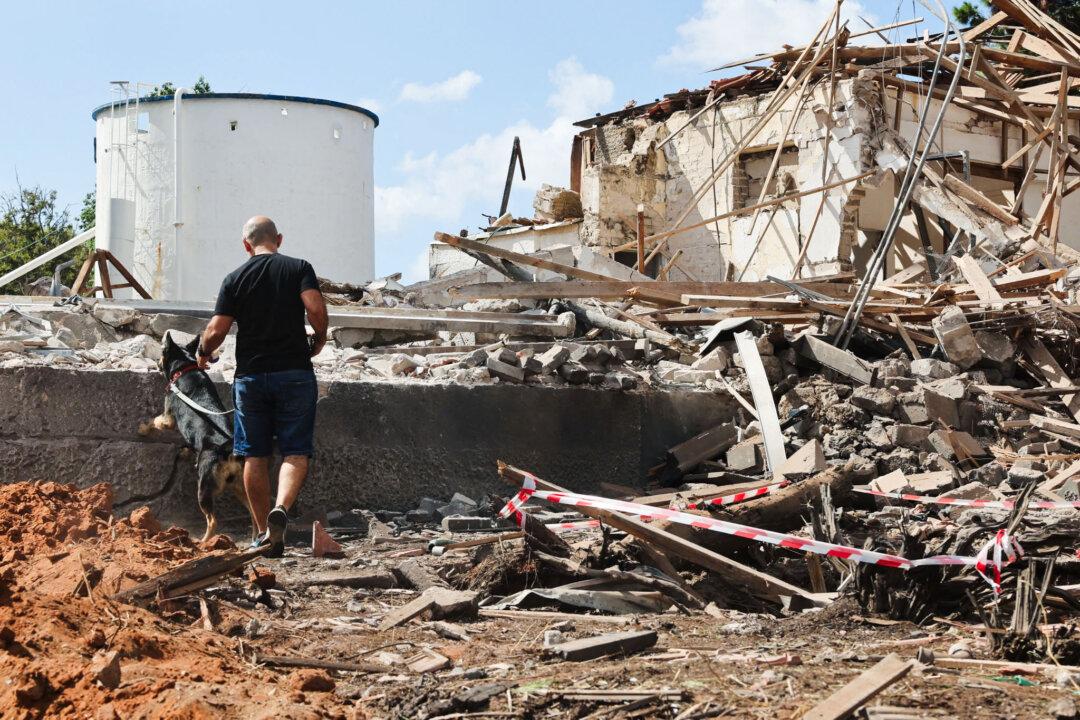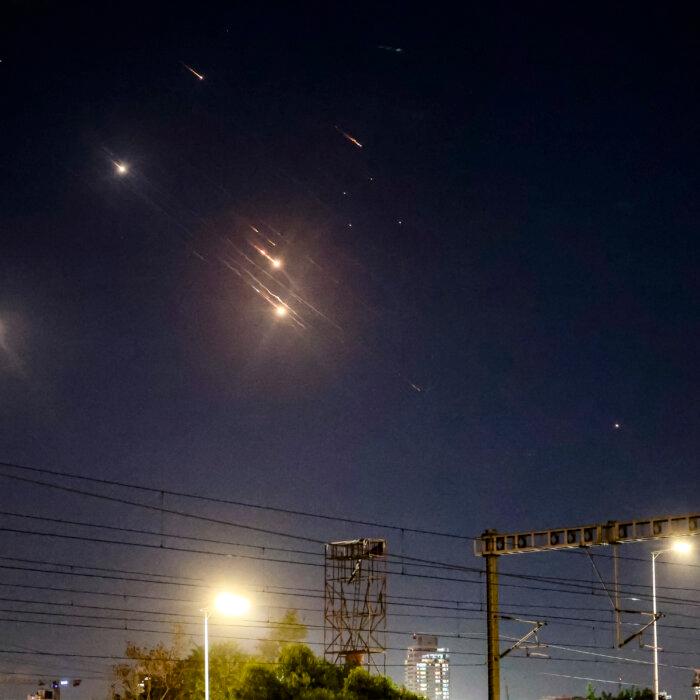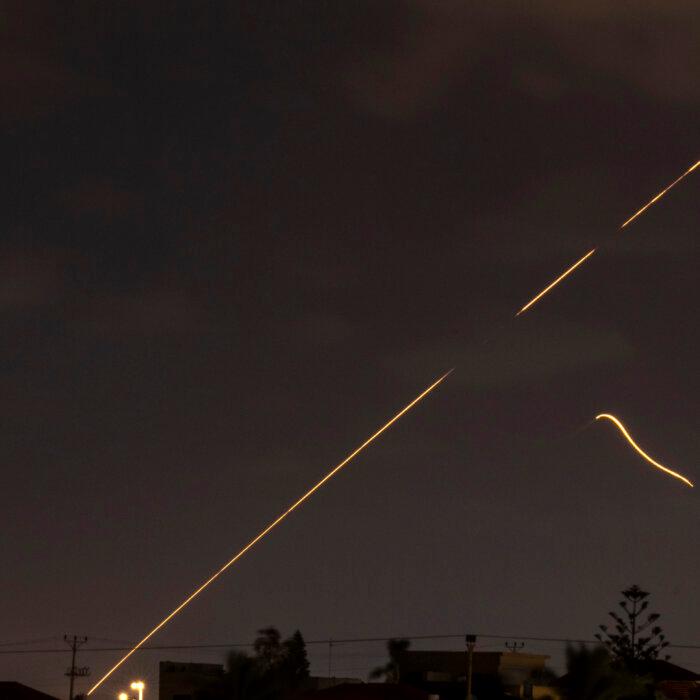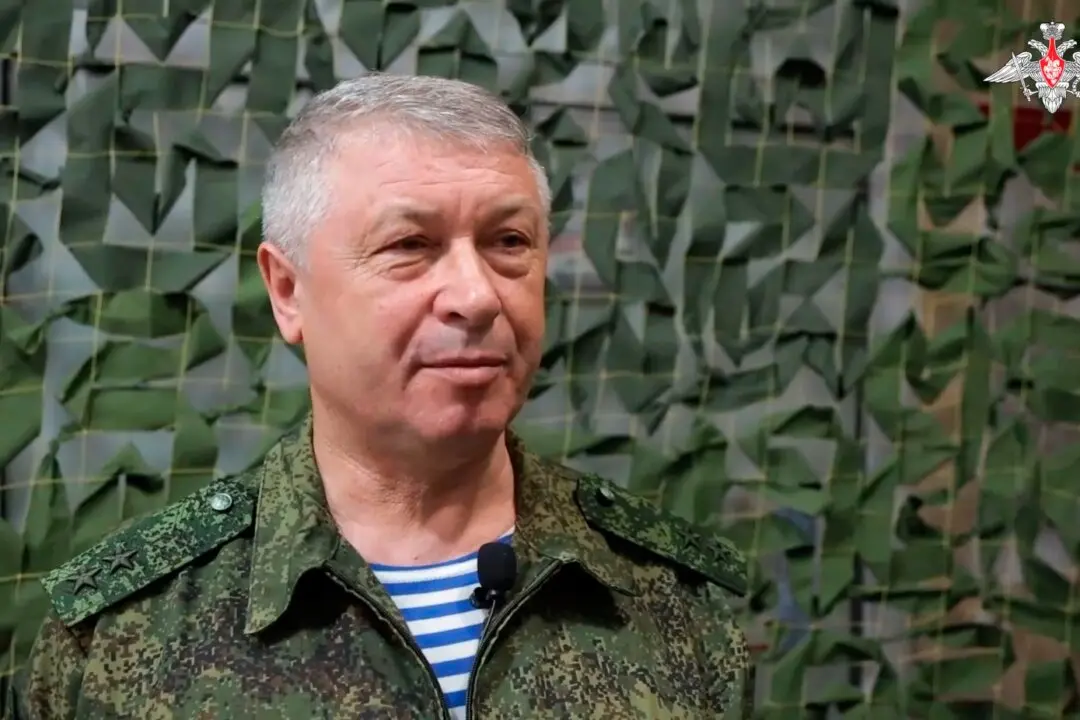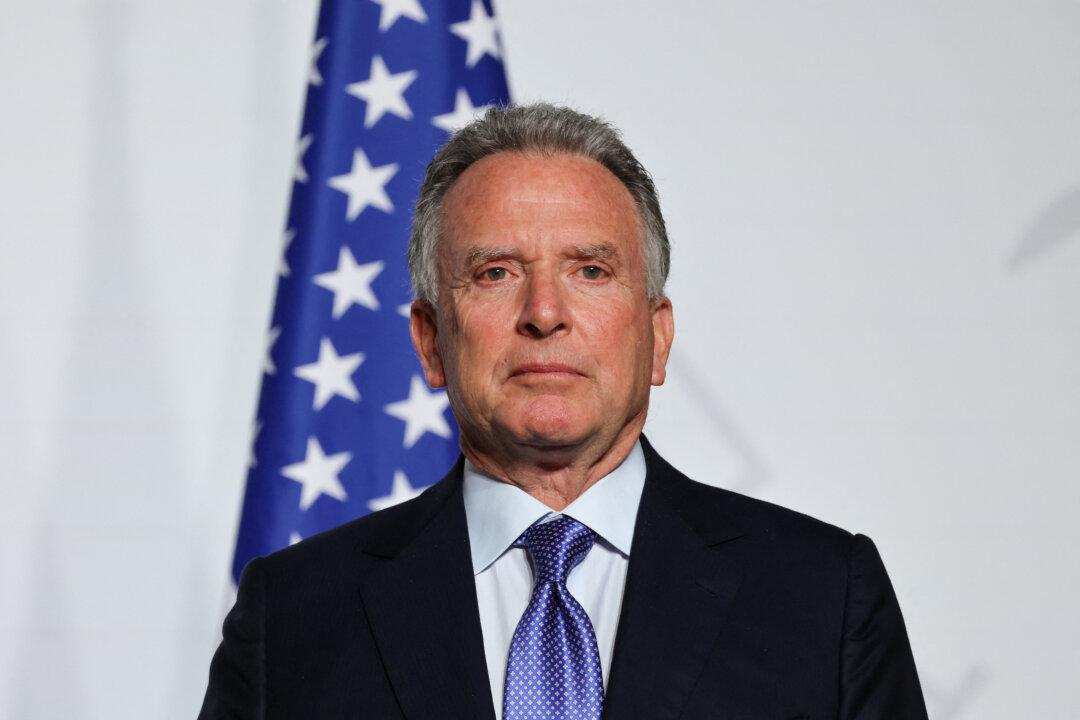On Tuesday night, Iran launched hundreds of missiles towards Israel, with at least some hitting the Jewish state’s territory, in the second such attack by the Islamic Republic this year.
Israel’s military has said that the attacks now appeared to have abated and there was no further threat from Iran for now. The full extent of the damage caused by the overnight barrage is still not known. The Israeli military has said it is not aware of any deaths due to the attacks.
Why Was The Attack Launched?
Recent days have seen Israel launch a wave of airstrikes against the Iran-backed Hezbollah group in Lebanon and what it described as limited ground incursion in southern Lebanon.Iran claimed the attacks were in response to Israel’s killing of one of the top commanders of the Iranian Islamic Revolutionary Guards Corps (IRGC) and leaders of Tehran-backed terror groups in the region.
Tehran specifically cited the deaths of Hezbollah’s chief Hassan Nasrallah and IRGC commander Abbas Nilforoshan in the Lebanese capital Beirut on Sept. 17.
The IRGC also mentioned the Tehran killing of Hamas political leader Ismail Haniyeh’s in July.
According to Reuters, Supreme Leader Ayatollah Ali Khamenei personally ordered the missile attack.
What Was The Scale Of The Attack?
Around 180 missiles were launched by the Islamic Republic towards the Jewish State, according to the Israel Defense Forces (IDF).This would make it a larger barrage than Iran’s previous assault in April, when Tehran fired around 110 ballistic missiles and 30 cruise missiles at Israel.
Israel’s security forces say most missiles were shot down by the nation’s aerial defense systems. The IRGC claimed some 9o percent of its projectiles hit their targets, and said that they had used Fattah hypersonic missiles for the first time.
What Is Israel’s Missile Defense System?
Israel’s best-known missile defense system is the Iron Dome, which is designed to intercept short-range rockets fired by the likes of Hamas and Hezbollah.While Iron Dome was implemented against elements of Tehran’s strike in April, other elements of its defences likely did much of the heavy lifting.
David’s Sling—an American-Israeli-made system—is what the Jewish State uses to intercept medium to long-range rockets ballistic missiles, and cruise missiles.
Which Countries Assisted Israel in Thwarting the Attack?
According to US State Department Spokesman Matthew Miller, the United States and its allies assisted Israel in countering the Iranian assault.Washington did not disclose which countries specifically intervened, other than the United States, however, Pat Ryder, a spokesman from the Pentagon, said the bulk of the missiles were taken down by Israel, with two US Navy destroyers also shooting down about 12 missiles.
Britain’s Defense Secretary John Healey has also said UK forces were involved in defending against the assault, thanking British forces on X but giving no specifics.
French President Emmanuel Macron said France has “mobilized its military resources in the Middle East to counter the Iranian threat,” without going into detail.
According to official statements, Tehran did not inform Washington about the start of the attack, but the United States had issued an advance warning that it was expected.
What Was The International Reaction?
Many of Israel’s allies have reaffirmed their support for the Jewish state in the wake of the attacks and condemned Tehran’s actions.U.S. President Joe Biden described Iran’s attack as “defeated and ineffective” and ordered his forces in the region to “aid Israel’s defense” by shooting down Iranian missiles.
Britain’s Prime Minister Sir Keir Starmer said his country stood with Israel and recognized her “right to self-defense.”
German Chancellor Olaf Scholz called on Iran and Hezbollah to stop their attacks on Israel and said Tehran’s actions risked sparking wider violence in the region.
India said it was deeply concerned at the escalation in the region and reiterated its call for restraint by all parties concerned and the need to protect civilians.
What Next?
Israeli Prime Minister Benjamin Netanyahu has said that Iran will “pay” for this latest missile attack.“Iran made a grave mistake this evening, and it will pay for it,” Netanyahu said at a meeting of the security cabinet.
“The Tehran regime does not understand our determination to defend itself and impose a cost on enemies.”
The IDF has said “there will be consequences” but has not elaborated on what they may be.
“We have plans, and we will operate at the place and time we decide,” IDF spokesman Rear Adm. Hagari said.
The IRGC has threatened that any Israeli retaliation would be met with a “more crushing and ruinous” response by the Islamic Republic.
However, in the immediate aftermath, the IDF carried out further air strikes against Hezbollah in the Lebanese capital Beirut overnight after warning residents to move out of the city’s southern suburbs.
The United Nations Security Council has called an emergency meeting for Wednesday to address the spiralling conflict.
